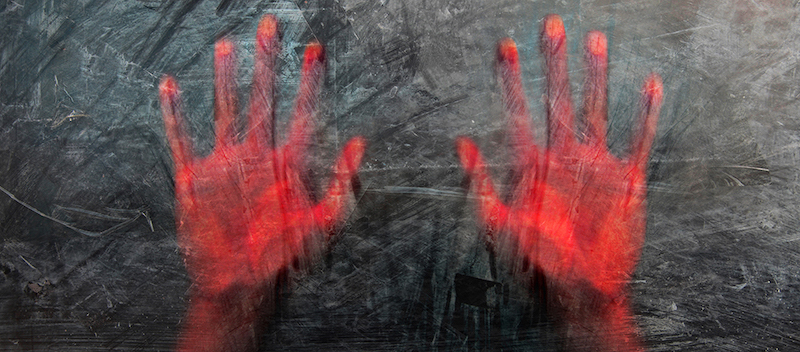Reports of sexual violence in Ukraine rising fast
June 2022: Allegations of sexual violence by Russian troops in Ukraine are mounting, a senior UN official told the Security Council, expressing regret over the stark discrepancy between that painful reality, and the global community’s ambition to end the use of rape as a weapon of war.

Pramila Patten, the Secretary-General’s Special Representative for Sexual Violence in Armed Conflict, recalled her recent visit to Ukraine and outlined the elements of a recently signed Framework of Cooperation https://news.un.org/en/story/2022/05/1117442 on the Prevention and Response to Conflict-Related Sexual Violence, which seeks to strengthen accountability and combat those abhorrent crimes.
“Too often have the needs of women and girls in conflict settings been side-lined and treated as an afterthought,” she said, welcoming the newly signed Framework which explicitly prioritises them.
Recalling the Council’s many resolutions, underpinned by international law, that prohibit the use of sexual violence as a war tactic, the Special Representative highlighted the gaping chasm between those commitments and the reality for many women around the world.
As of June 3, 2022, the Human Rights Monitoring Team had received reports of 124 alleged conflict-related sexual acts across Ukraine. Women and girls constituted most of the alleged victims, while some men and boys also reported instances of sexual violence.
A national hotline on domestic violence, human trafficking and gender-based discrimination has been set up and has received multiple reports ranging from gang rape to coercion, where loved ones are forced to watch an act of sexual violence committed against a partner or a child. Against that backdrop, Patten urged humanitarian actors to prioritise support for survivors of sexual and gender-based violence as a life-saving component of their work. She also warned against waiting too long to act.
“An active battle-ground is never conducive to accurate ‘book-keeping’ […] if we wait for hard data and statistics, it will always be too late,” she said, calling on the international community to mobilise immediately. “We do not need hard data for a scaled-up humanitarian response, nor for all parties to put in place preventive measures,” she added.
Detailing the provisions of the recently signed Framework of Co-operation, she said it will help strengthen co-operation between those working to combat and deter sexual violence in Ukraine. It also aims to reduce the risk posed by human traffickers to those fleeing Ukraine, and to provide services to victims. However, she cautioned that the protection challenges facing the nearly 6.8 million people who have fled the country are unprecedented, and the heightened risks of people trafficking, including for purposes of sexual exploitation and prostitution, have been “alarmingly evident” since the start of the conflict.
Patten urged the Council and the global donor community to stand in solidarity with Ukrainian authorities and UN entities to support the Framework’s implementation. “It is crucial to ensure that the level of political focus, as well as the allocation of resources for a comprehensive response, is commensurate with the scale and complexity of the problem,” she said.
CRJ will be looking at gender-based violence and human trafficking in the contexts of war and disasters in our next edition, CRJ 17:3, published in September 2022.
You can read the full article on the UN News page here. To find out more about the Pramila Pratten, Special Representative for Sexual Violence in Armed Conflict’s brief visit here.